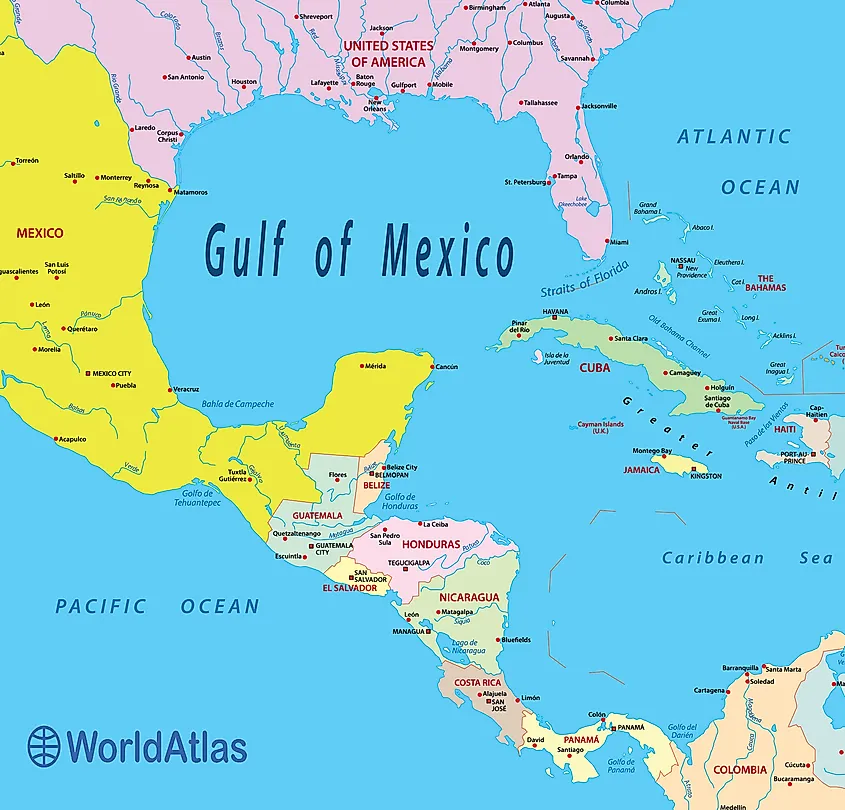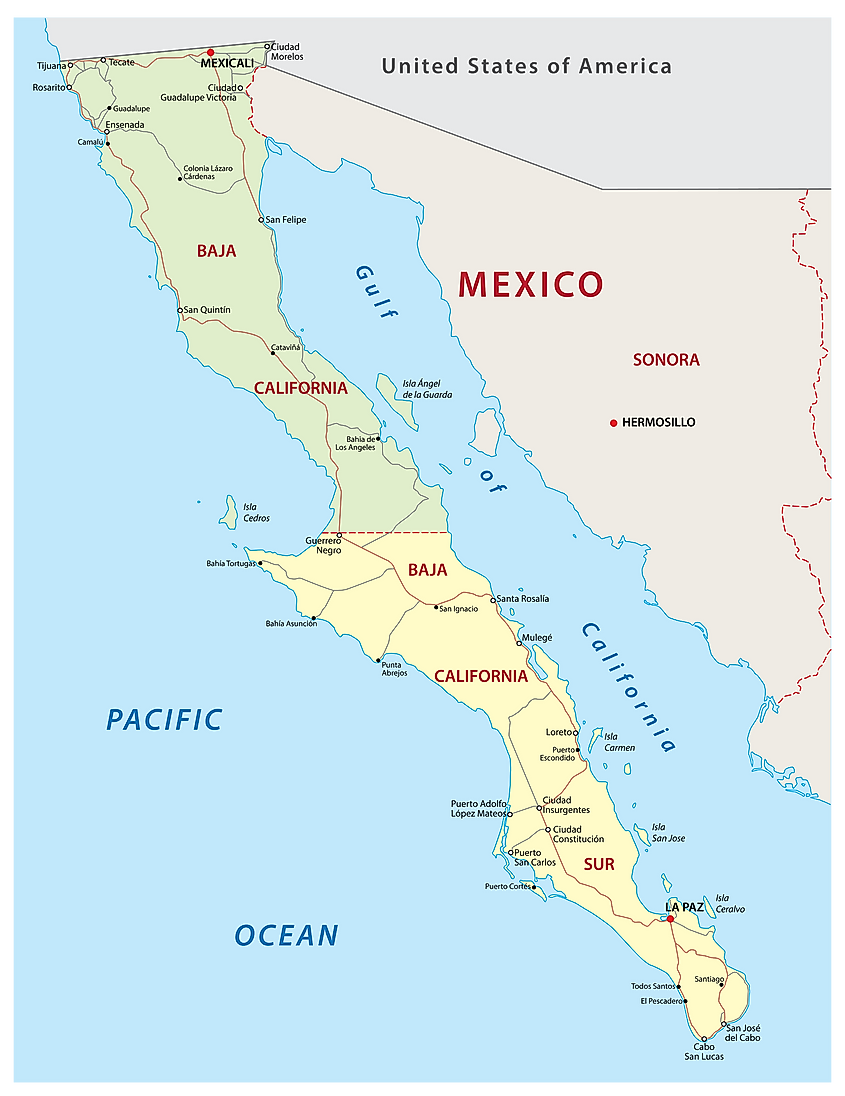
Trump's Bold Plan: Gulf Of Mexico To Become 'Gulf Of America'
A Critically Informative Perspective Unveiling Complexities
President Donald Trump's recent announcement that the Gulf of Mexico will be renamed "Gulf of America" has sent shockwaves through the nation and beyond. The audacious proposal, characterized by the President as a move to assert American dominance over the region, has ignited a heated debate peppered with questions, concerns, and diverse perspectives.
Strategic Implications:
Proponents of the plan argue that it is a strategic move that will solidify the United States' control over the energy-rich waters of the Gulf of Mexico. They contend that renaming the body of water as "Gulf of America" will reinforce the United States' sovereignty and discourage foreign powers from encroaching upon the area. Furthermore, it is argued that the change will strengthen the nation's economic interests and bolster its national security posture.
Opponents, however, raise concerns about the potential consequences of such a move. Critics argue that renaming the Gulf of Mexico could alienate neighboring countries, particularly Mexico, which has a long-standing connection to the body of water. They speculate that it may create diplomatic tensions and damage international relations. Additionally, they express skepticism about the efficacy of the name change in achieving the desired strategic outcomes.
Environmental Impact:
The plan has also raised concerns about its potential impact on the environment. Critics argue that the name change is merely a symbolic gesture that will have no tangible effect on the environmental challenges facing the Gulf of Mexico. They emphasize the need for concrete actions to address pressing issues such as pollution, overfishing, and habitat loss.
Proponents, on the other hand, suggest that the name change could raise awareness about the environmental importance of the area and encourage greater efforts to protect its delicate ecosystem. They maintain that by highlighting the Gulf's connection to America, the plan may motivate people to take ownership of its preservation.
Legal Considerations:
From a legal standpoint, the plan's viability is uncertain. The United Nations Convention on the Law of the Sea (UNCLOS) establishes the legal framework for naming geographical features, and there is no provision for unilateral renaming of bodies of water by individual nations.
Supporters of the plan downplay the legal obstacles, suggesting that the United States has the power to assert its dominance over the Gulf of Mexico, regardless of international agreements. Critics, on the other hand, argue that the plan could lead to legal challenges and diplomatic complications.
Public Opinion:
Public opinion on the plan is divided. Some Americans support the move, perceiving it as a strong and patriotic gesture that asserts America's rightful leadership role. Others, however, view the plan as a provocative and unnecessary provocation that could damage relations with neighboring countries and undermine environmental efforts.
Conclusion:
President Trump's plan to rename the Gulf of Mexico "Gulf of America" is a bold and controversial proposal that has generated a wide range of reactions. The plan has both potential benefits and drawbacks, and its ultimate implementation will undoubtedly be shaped by a complex interplay of strategic, environmental, legal, and diplomatic considerations.
The future of the plan remains uncertain, and it is likely to continue to spark debate in the months and years to come. However, it is clear that the proposed renaming has brought into sharp focus important questions about the nature of American leadership and the role of the United States in the world.

Post a Comment